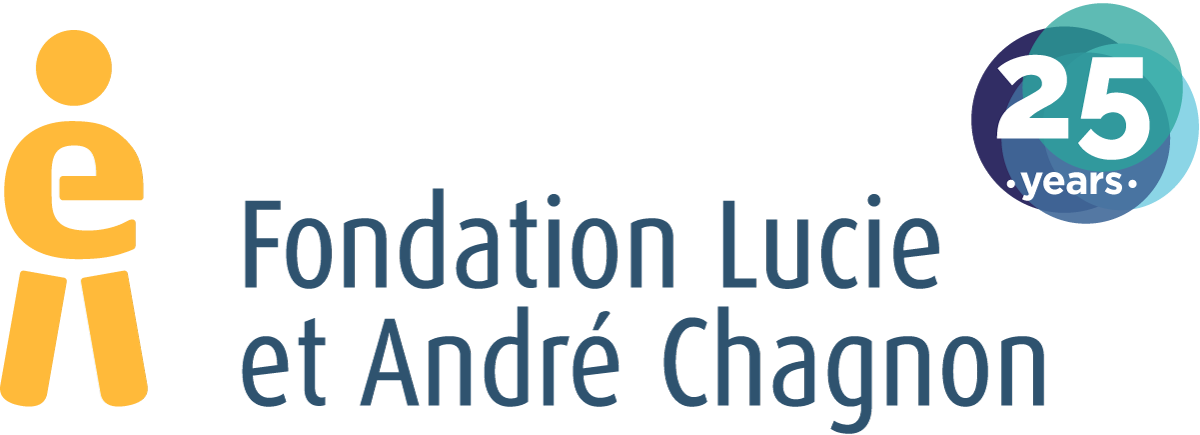Despite increased provincial investment, report shows Canadian children still denied access to preschool
Press release
For immediate distribution
Mexico and UK provide better access than Canada
TORONTO, November 12, 2014 - The federal government may be reluctant to invest in preschool but that hasn't stopped the provinces and territories from doing what they can to expand and improve their programs and help their youngest citizens learn and develop, a new report reveals.
The Early Childhood Education Report 2014: It's Time for Preschool released today by the Atkinson Centre at the Ontario Institute for Studies in Education/University of Toronto is the second status update in four years. It measures provincial and territorial performance based on 15 different criteria including the amount invested in preschool programs and children's access. It also compares Canada's results to other developed economies.
"Although Canadian provinces and territories have increased spending to enhance their preschool programs, access remains uneven and Canada continues to spend much less than its peers, " says report co-author, Kerry McCuaig, Fellow in Early Childhood Policy at the Atkinson Centre. "Parents are clamouring for improved access to quality preschool. It's time the federal government step up and pay its fair share of the costs."
The situation has improved but more needs to be done
In 2006, the Organisation for Economic Co-operation and Development (OECD) exposed Canada as a policy laggard. Of the 34 OECD countries, Canada had the worst record for access to preschool. Fast forward to 2014, we continue to trail most other OECD countries ranking 31 out of 34 in terms of access trailing Turkey, Indonesia and Switzerland.
When the first Early Childhood Education Report was released in 2011, only three jurisdictions made it past the halfway mark on the report card's 15-point scale. Today, Quebec and Prince Edward Island tie for first place with 10 points, while four other provinces - New Brunswick, Ontario, Manitoba and British Columbia, scored above 7. The other provinces and the Northwest Territories range between 4.5 and 6.5 points.
"There has been some real progress," said co-author Dr. Emis Akbari, a Post Doctoral Fellow at the Atkinson Centre. "Across Canada 58 percent of 2 to 4-year-olds now regularly attend a preschool but still short of the 80 percent preschool attendance rate set by the OECD."
The report card also shows regional disparities in terms of availability; only one in three children attend preschool in the Prairie provinces compared to two out of three in Ontario and three out of four in Quebec.
Preschool more than pays for itself
"The provinces and territories have been doing all of the heavy lifting when it comes to investing in preschool, spending will reach almost $11-billion this year," said Ms. McCuaig. "There is no question, this is a lot of money, but it is important to remember for every dollar invested $1.75 is recouped. $0.55 of this flows to federal coffers. This is far more than Ottawa contributes. In other words, preschool not only pays for itself it generates revenues thanks to the taxes paid by parents and reduces spending on social programs."
Preschool helps children learn and grow
"Ultimately, preschool is good for kids, families and the economy," says Dr. Akbari. "Studies show children who attend preschool have a better vocabulary, have improved impulse control and are more accepting of cultural diversity."
Access to quality preschool allows parents to return to work if they choose. This increases the family's standard of living and for low-income families and single parents it can make the difference between social assistance and getting ahead. The Canadian economy benefits too. Preschool leads to a better-educated population and more productive and innovative employees. All of which could fend off the forecasted shortage of skilled workers.
The Early Childhood Education Report 2014 and related documents are available in English and French.
-30-
For more information contact :
Toronto :
Kerry McCuaig
Kerry.mccuaig@utoronto.ca
Cell. : 647 295-2808
Dre Emis Akbari
emis.akbari@utoronto.ca
Cell. : 647 969-1855
Montréal :
Annick Bélanger
abelanger@casacom.ca
Cell. : 514 755-2050

